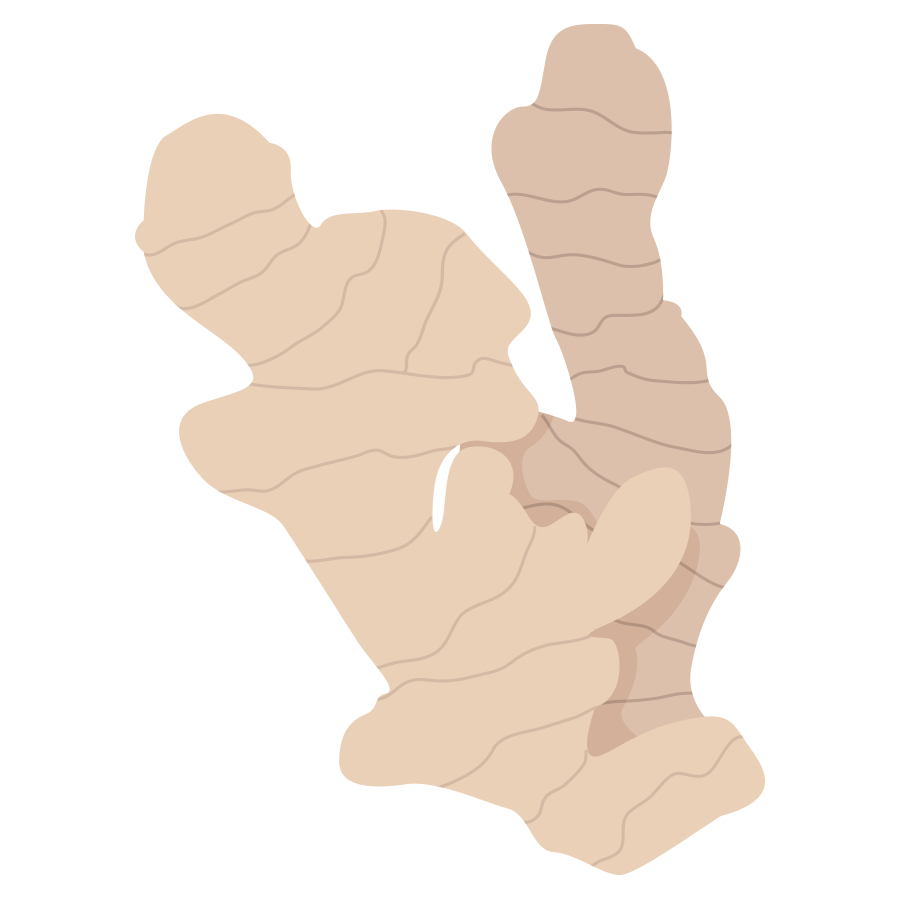My lower belly aches sometimes. Is this normal?
It's quite typical for your lower abdomen to ache. This aching, as opposed to
cramping, is caused by the stretching of the muscles and ligaments (the tough, flexible tissues that connect your bones) supporting your uterus (womb)
(Aquilera 2005; Davis 1996). It is often called round ligament pain.
Hormones produced by your body during pregnancy cause the stretching
(Andrews and O’Neill 1994). It is thought to be more common in second or later pregnancies.
When does round ligament pain start?
Round ligament pain usually starts in the second trimester. As your uterus grows, the surrounding ligaments have to work harder to support it. You'll probably feel the ache when you're getting up from a bed or chair, when you cough or when you get out of the
bath.
When should I call my doctor or midwife?
Don't hesitate to call any time abdominal aching is accompanied by sharp pain or
cramping, bleeding, fever, chills, a loss of fluid from your vagina, pain on passing urine or a feeling of faintness.
What can I do to relieve my aching belly?
Sit down and relax. Resting comfortably should alleviate your symptoms. If sitting doesn't help things, try resting on your hands and knees or leaning forwards over the back of a sofa.
Moving slowly and smoothly from a sitting or lying position can also help, as it gives your muscles time to adapt and support you before you change position. Try tilting your pelvis backwards by slumping your back before you stand up
(Andrews and O’Neill 1994).
Advertisement | page continues below
Sometimes a support belt or large elasticated tubular bandage (tubigrip), specially designed for pregnancy, can help to take some of the weight of your baby off your tummy muscles. Your midwife or a physiotherapist will be able to advise you.
Are there any other causes of pain?
Aching in the lower abdomen can sometimes be a sign of a
urine infection (Chandraharan and Arulkuma 2008). This may be accompanied by a
fever and a feeling of being unwell, or pain when you empty your bladder. See your
doctor or
midwife if you're not sure. They will be able to test your urine for signs of infection.
If you feel pain on or around your pubic bone at the front, you may be suffering from
symphysis pubis dysfunction (SPD), a condition to do with particular ligaments in your pelvis. If you think that this may be a problem, talk to your doctor or midwife, or ask to be referred to a physiotherapist.
Advertisement | page continues below












































